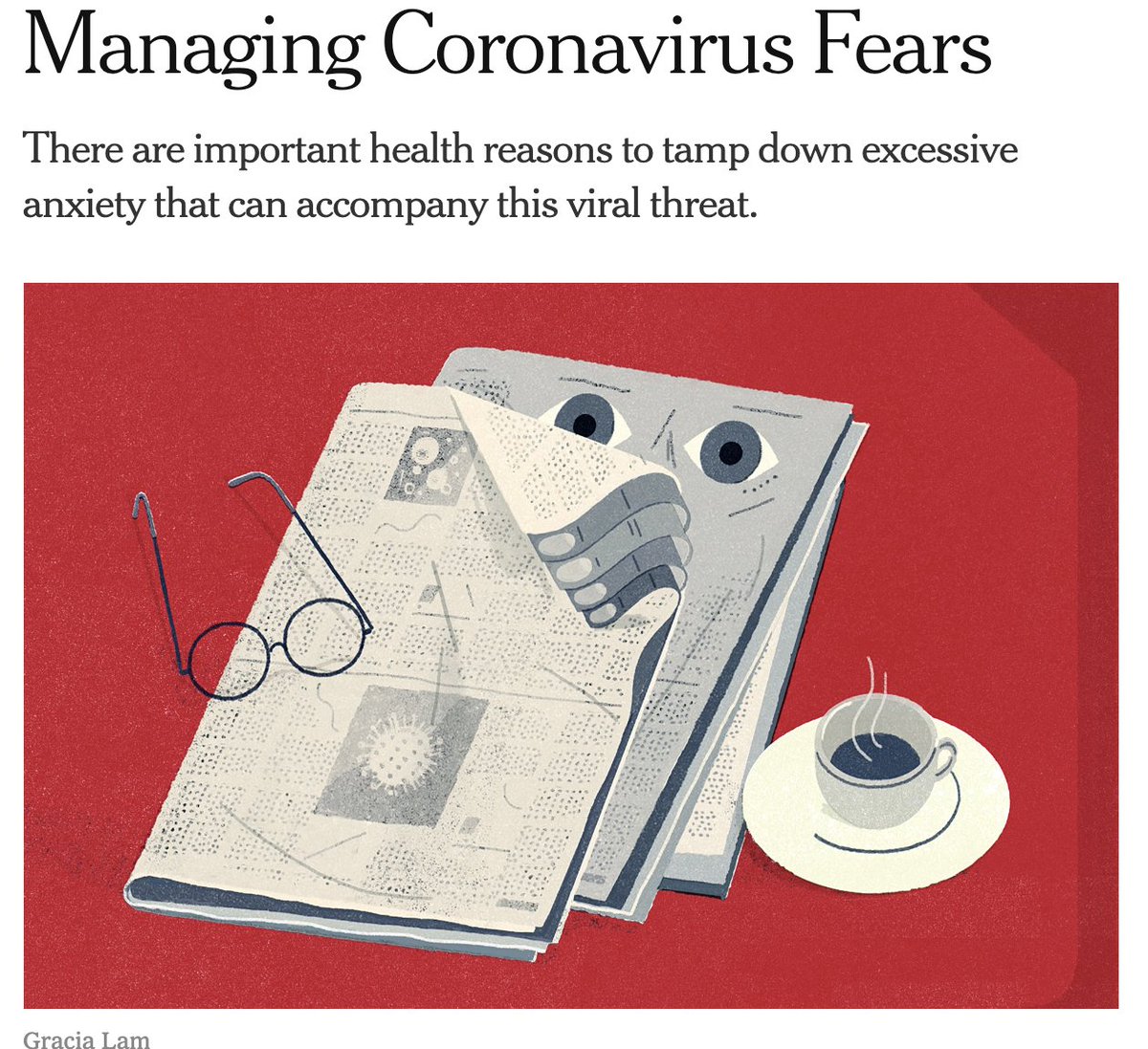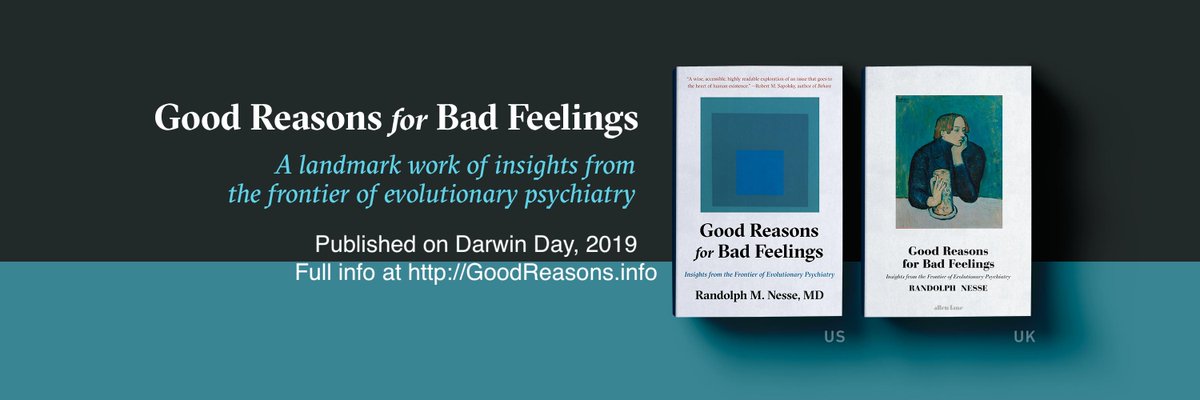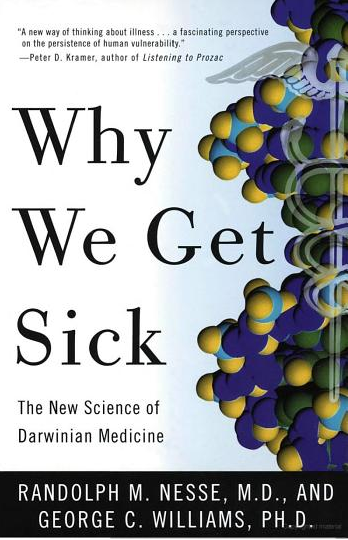
#Antidepressants seem effective in the clinic but not in controlled studies. Why? Let’s consider all possibilities. @PeterDKramer @AllenFrancesMD @DrHowardLiu @DalackMd @blackdoginst @NAMICommunicate @Got_Anxiety @EikoFried @PsychTimes @matthewckeller @RiadhAbed1 @APAPsychiatric 

Most of us who have prescribed antidepressants for thousands of patients have heard hundreds of them report transformed lives. “It is as if I walked out of a dark room into sunlight” “All of a sudden I can experience pleasure again” 

But perhaps the effectiveness is an illusion. The improvement of patients taking #placebo is barely better than that for those taking antidepressants.
Here are 10 reasons why antidepressants
->Could seem effective when they are not, or
->Could seem ineffective when they are
Here are 10 reasons why antidepressants
->Could seem effective when they are not, or
->Could seem ineffective when they are
1. Placebos are potent. For pain as well as depression, a medication has to have a big effect to match that of placebo. Many suggestions have been made for dealing with this. e.g. @RobertKessels et al. 2019 doi.org/10.1177/096228… 

Better designs with larger Ns have gradually increased the size of drug responses...and placebo responses! Drug treatment generally has about a 10% advantage over placebo in the 85 trials with 23,109 patients reviewed in Kahn et al. 2017 doi.org/10.1002/wps.20… 

2. Perhaps only hidden subgroups of patients respond. @EikoFried just tweeted about a study that undermines the idea.
A 2020 article by Munkholm concurs. doi.org/10.1371/journa…
https://twitter.com/EikoFried/status/1351187844052774915?s=20
A 2020 article by Munkholm concurs. doi.org/10.1371/journa…
But the fancy models don't present the actual data. Hieronymous, et al. 2020 do. Their review of 28 studies with 8262 patients show that final depression scores for those who received meds (in pink) are different from those who get placebo (in blue). onlinelibrary.wiley.com/doi/abs/10.111… 

Missing but needed are studies that compare the life situations of people who do and do not improve. Are people trapped pursuing unreachable goals more likely to respond? What about those facing threats? What about those with obesity and inflammation? What about those with PTSD?
3. Regression to the mean results in improvement for most patients. People come for treatment when things are at their worst, so a return to the mood baseline makes things better and can give the impression that treatment is effective.
4. People taking medications may do less to change their lives than those on placebo. I would love to see this tested. It fits with my general belief that antidepressants often work by blunting emotional responses so that everything seems not quite so desperately important.
5. Some patients who don't get better quit coming, so clinicians may disproportionately see people who are improving. But they also see many patients who just don't get better no matter what, so-called #treatmentresistantdepression
6. Patients are biased to report improvement because they want to believe they are getting help and they like and want to please their clinicians. If only we had a biomarker for depression!
7. Antidepressants make a few patients worse. Their scores can drag down the mean response of the treatment group.
8. Medication side-effects, such as fatigue and sleep problems, can count as symptoms, reducing the reported effectiveness of medications vs placebo.
9. Patients who agree to participate in drug trials differ from other patients; they may have conditions that are more chronic or otherwise less responsive to treatment, and they often lack insurance coverage.
10. Studies that use sum scores toss out most of the rich data on the false assumption that depression is one thing that can be captured by one dimension. As @EikoFried has shown so well, "depression sum scores don't add up." eiko-fried.com
My conclusions:
Medications are a bit better than placebo on average.
There are at least 10 reasons why drug treatment can seem more or less effective than it actually is.
All need to be considered.
Please help to expand the list.
Medications are a bit better than placebo on average.
There are at least 10 reasons why drug treatment can seem more or less effective than it actually is.
All need to be considered.
Please help to expand the list.
Final comment. Many reports seem to be framed to make it look as if antidepressant treatment is either reliably effective, or completely useless. Neither is correct. The actual situation is far more subtle, as those who attend closely to the lives of individuals well know. 

• • •
Missing some Tweet in this thread? You can try to
force a refresh






